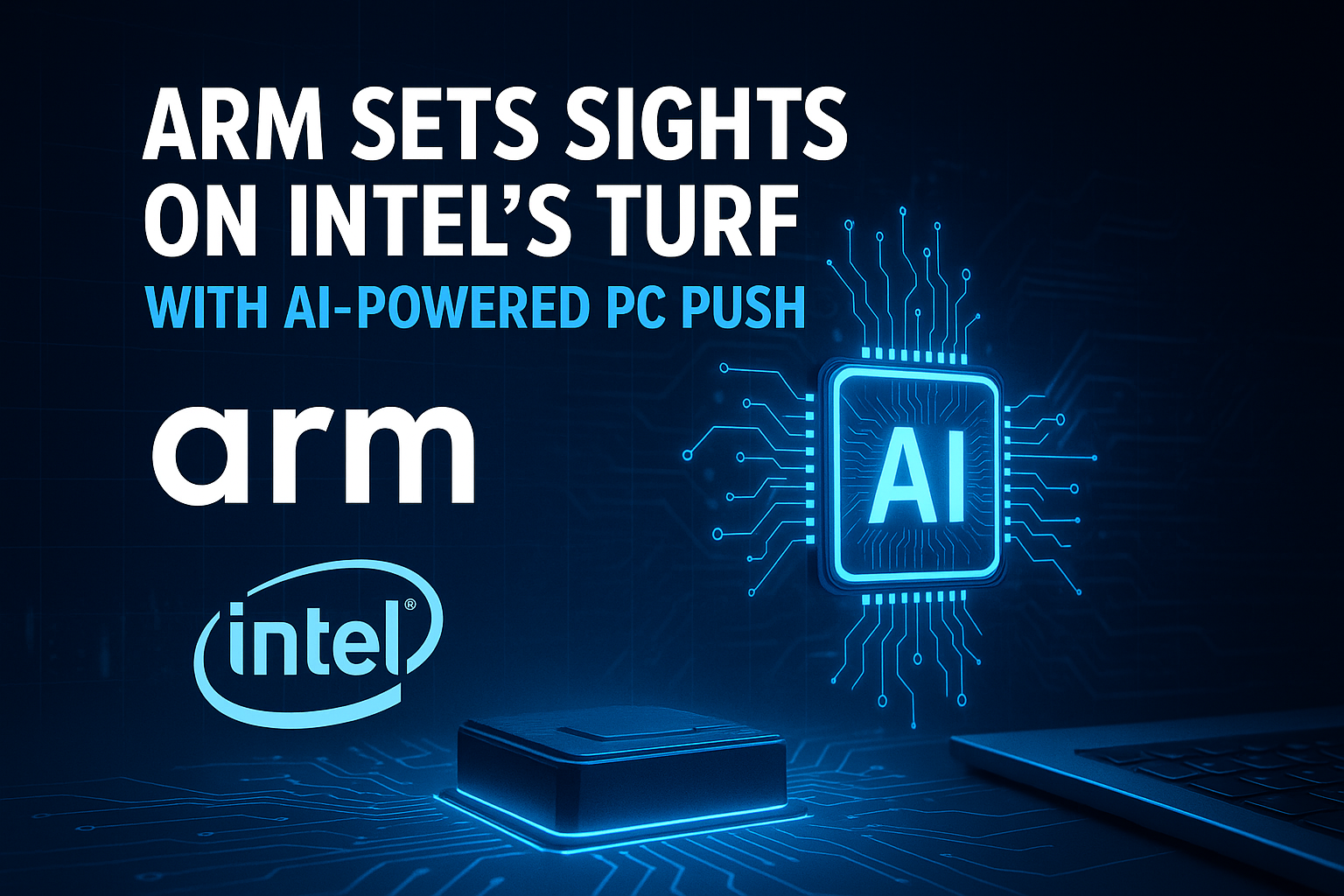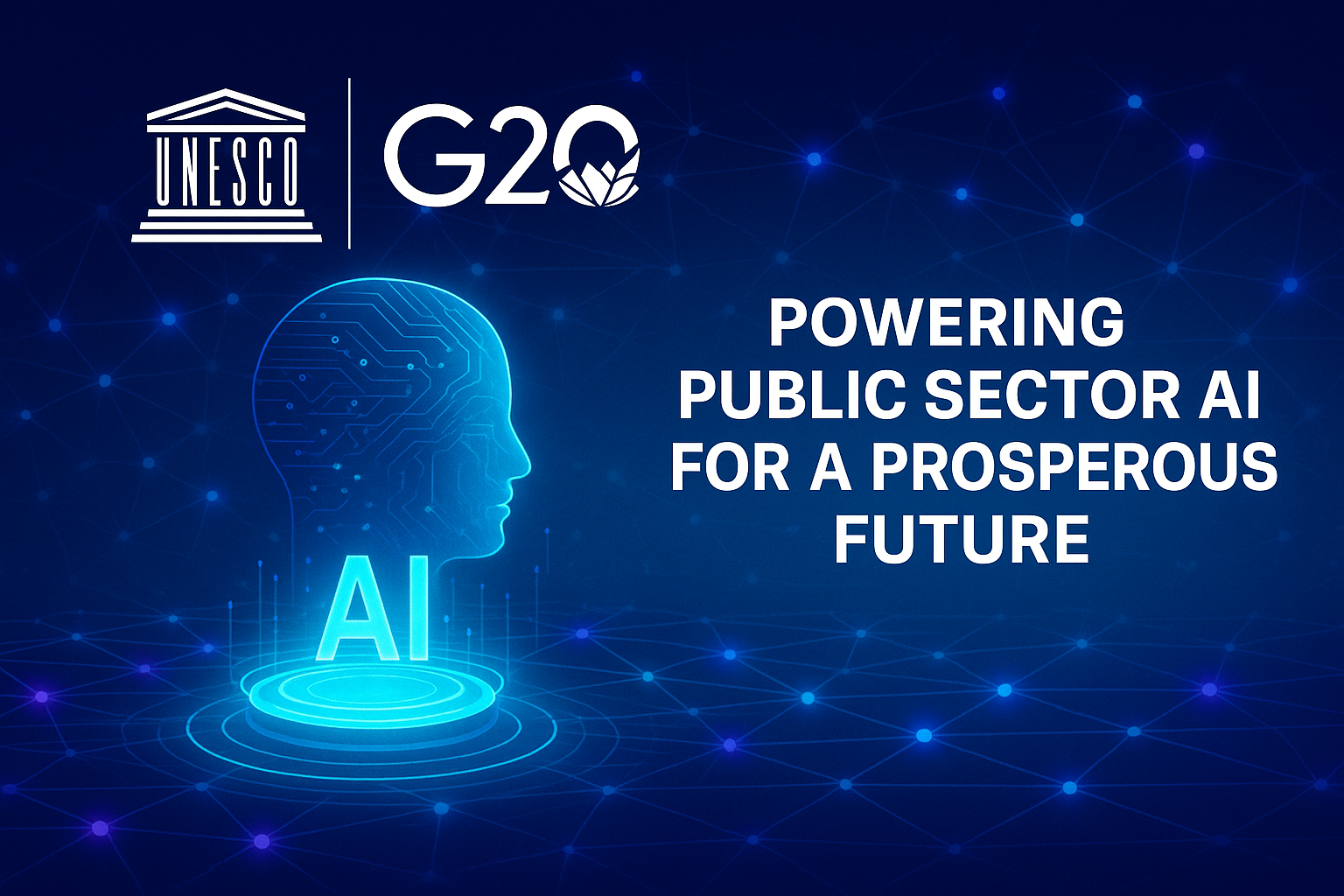U.K. chip designer Arm is making an aggressive move into the personal computer (PC) market long dominated by Intel, as the rise of artificial intelligence (AI)-powered personal computing reshapes the industry and opens new opportunities for the company.
“We think that 40% of PCs and tablets will be based on the Arm architecture that ship this year,” said Chris Bergey, senior vice president and general manager of Arm’s client line of business, in an interview with PYMNTS. “That’s actually a growing number.”
Bergey said that while Arm already dominates the smartphone market — its architecture powers about 99% of smartphones — it is now gaining traction in areas where Intel historically has dominated, including Windows laptops and Chromebooks.
“In Chromebooks, we’re only about maybe 25% share,” Bergey said. “The rest of that is largely Intel,” but it’s an expanding area for Arm.
Since AI is a notorious power hog, Arm wants to leverage what it is known for — power-efficient designs — to position it well in the generative AI era. “We’ve always been focused on power performance,” Bergey said. “That’s really been a big part of our success.”
Bergey is particularly bullish about Arm’s prospects in edge computing, where AI workloads are processed in the mobile device without going to the cloud.
“The real thing that we see coming is AI inference on the edge,” Bergey said, adding that it’s done at the edge for reasons including privacy, power, connectivity, latency and responsiveness.
That edge computing capability is increasingly critical in PCs, especially as companies look to reduce cloud infrastructure costs and enable AI-powered features on the device itself.
For example, an app developer doing AI in the cloud would have to pay per token. But if the work is pushed down to the devices, “I’m not going to get that bill, so I might have very different economics,” Bergey said.
Arm’s PC push comes as Intel is restructuring its operations after falling behind rivals such as Nvidia and AMD. AI’s intensive workloads are ideal for GPUs, the ones that Nvidia spent over a decade developing, which gave it a head start. Intel is best known for its CPUs and it is investing in AI chips but still trails Nvidia.
Broader Industry Shift
Bergey said accelerating the shift to edge computing is Microsoft’s integration of AI tools like Copilot and Recall into Windows. Arm sees this as a chance to challenge incumbents of x86 — the architecture that has dominated PCs for decades and is largely associated with Intel — on performance, battery life and AI readiness.
“Some of the later projections are that 70% of PCs will basically have acceleration or be AI Copilot PCs,” Bergey said.
Arm is making sure it’s ready for that demand. It has rolled out AI libraries called Kleidi that help developers integrate Arm features into AI frameworks.
Arm is also gaining ground through partnerships with PC makers and chip designers. MediaTek, for example, recently introduced a high-performance Chromebook chip with both CPU and GPU components designed with Arm.
Though Intel still dominates the traditional PC market, Arm’s share gains signal a broader industry transition. Apple’s full migration to Arm-based silicon for its Mac lineup was a major validation — and it’s a company with which Arm has a deep connection.
“Apple, you remember, was the original investor involved over 30 years ago,” Bergey said. “They’ve been an amazing partner for us.”
Arm’s history also includes another tech giant: Nvidia. In 2020, Nvidia offered to acquire Arm for $40 billion from SoftBank to create a chip powerhouse. But British regulators did not approve the deal due to antitrust concerns, and the transaction was terminated two years later. In September 2023, Arm went public, with SoftBank retaining a 90% stake.
Bergey said that as companies look to buy their next round of PCs, they will look for ones that are AI-enabled.
“Especially the way that enterprise IT thinks about three- to five-year life cycles, you would want to make sure that you’re buying the PCs that have the AI acceleration because it’s going to be a very important workload for the future,” Bergey added.
Source: https://www.pymnts.com/





